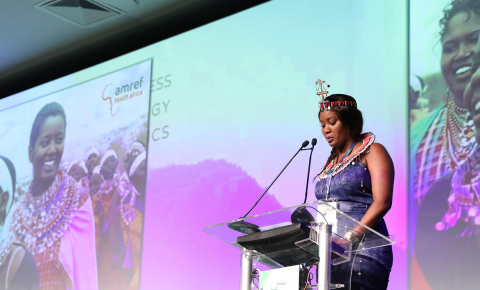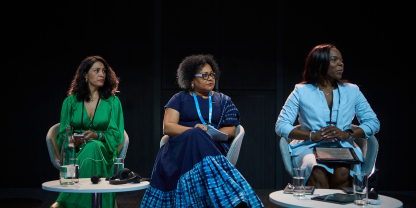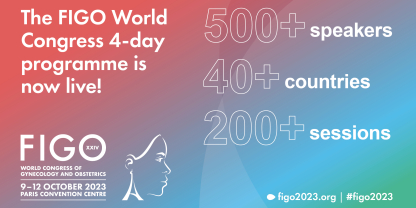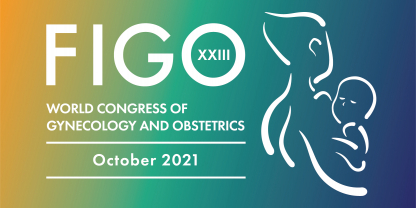As the global voice of women’s health, FIGO hosts World and Regional Congresses, webinars, and workshops to support OBGYNs worldwide in advancing the health and rights of women and girls.
Explore upcoming FIGO events, including workshops and webinars, and learn about our past major events, such as the biennial World Congress and Regional Conferences, which bring together healthcare professionals from around the globe to engage in rich scientific programmes and collaborative activities.




